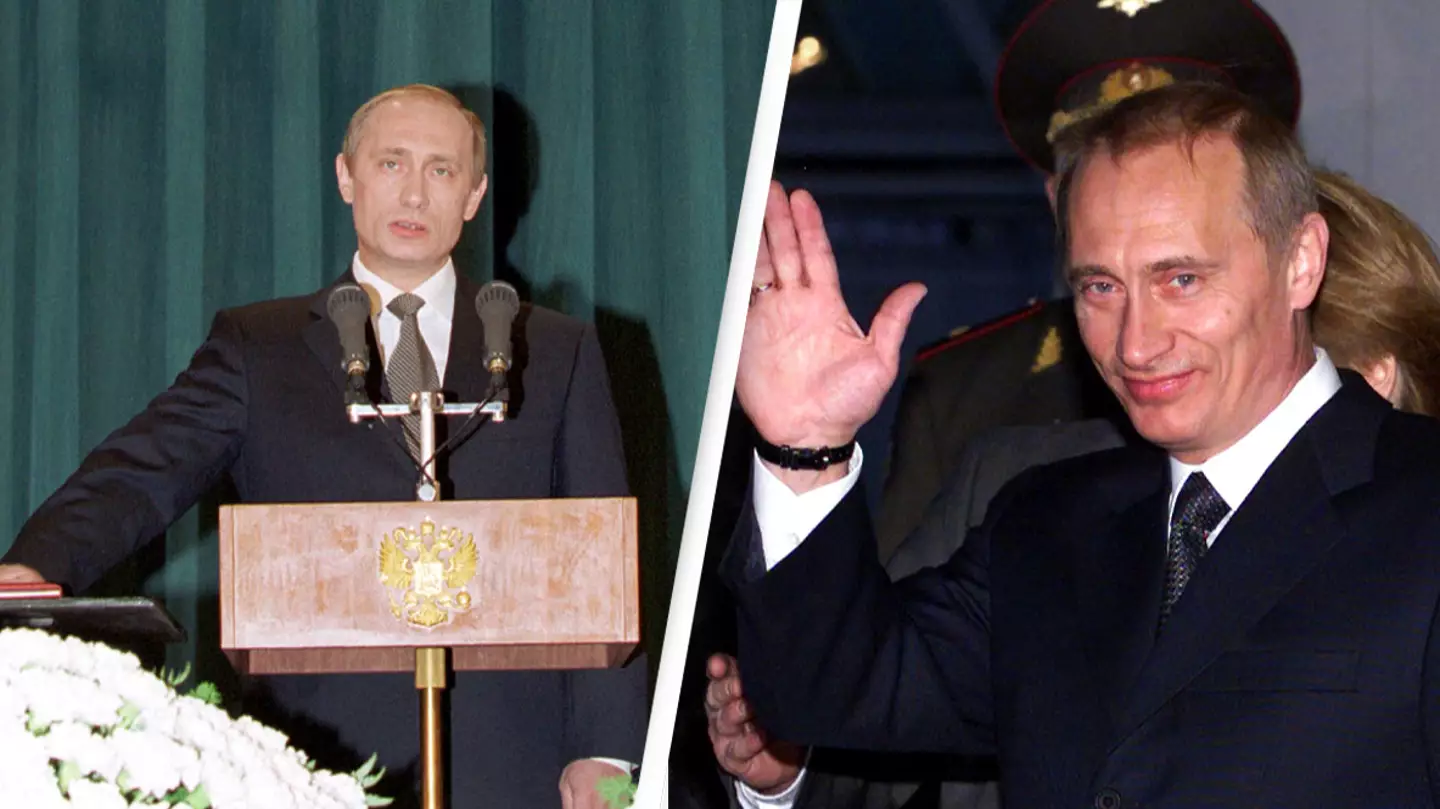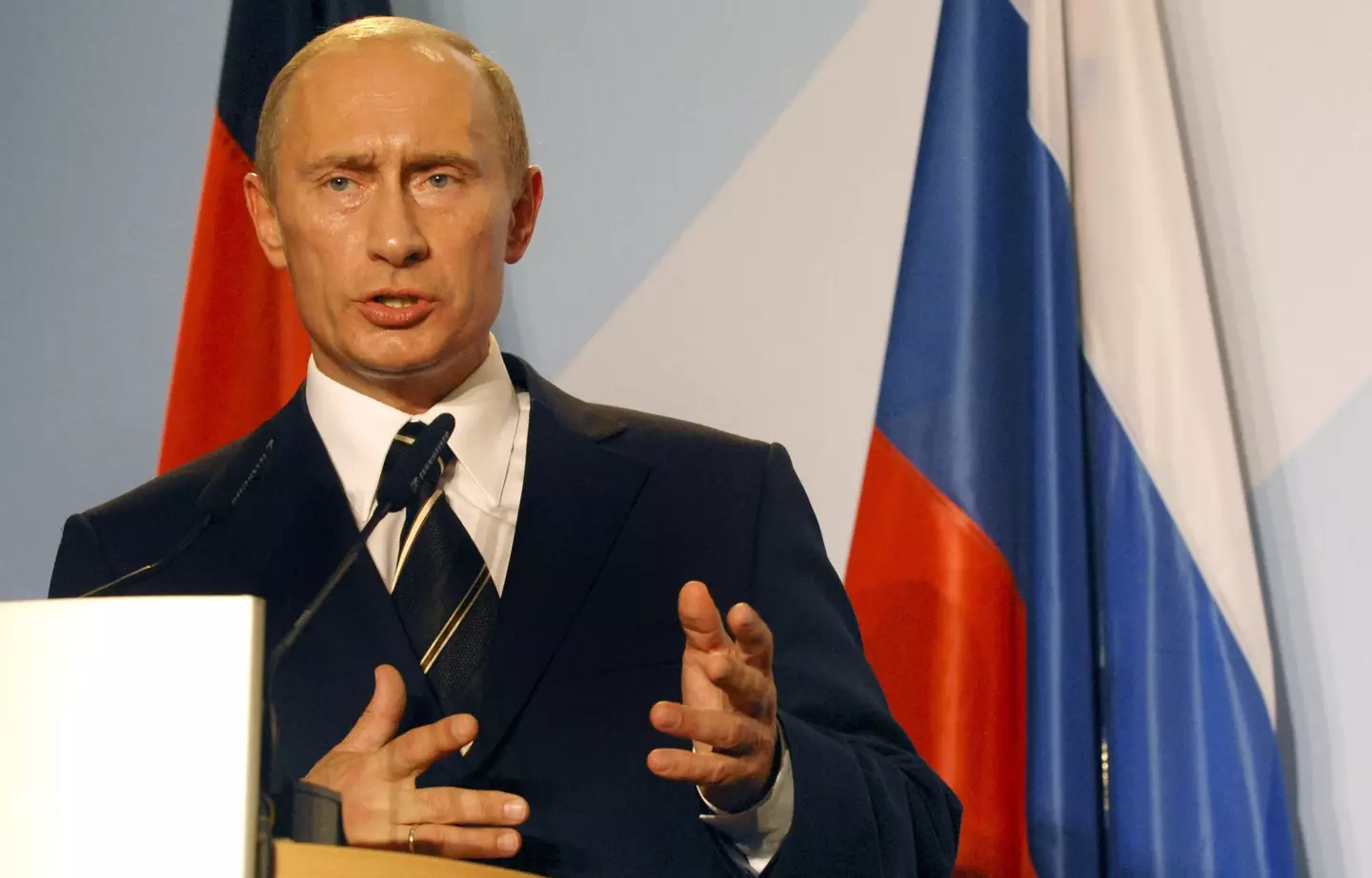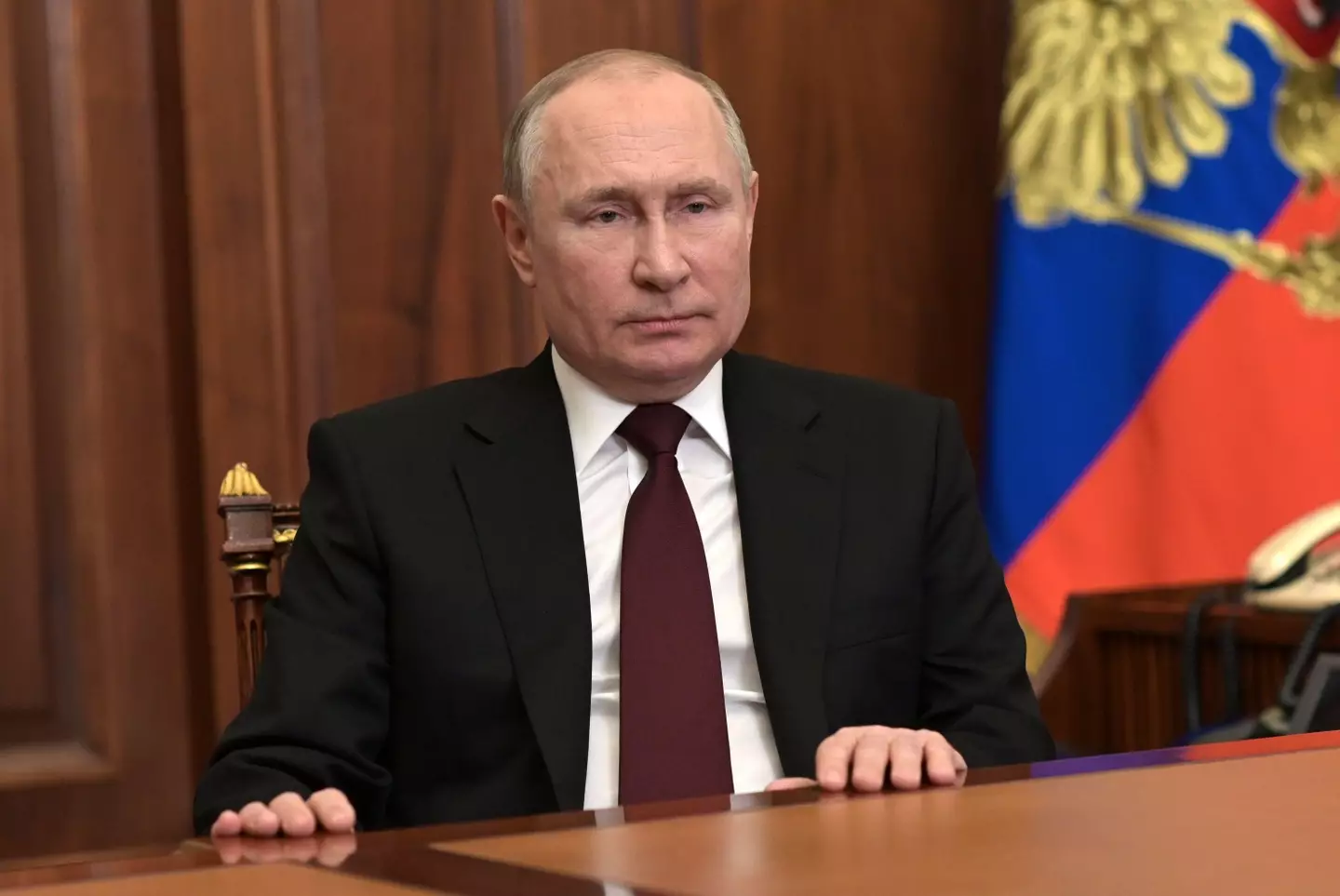
As the war in Ukraine rages on, many have been left wondering how Vladimir Putin has maintained his presidential position in Russia for so many years.
The Russian president has been in power since the year 2000, but how is this possible?
Putin began his career working as a foreign intelligence officer in the KGB for 16 years before resigning in 1991 to pursue a career in politics.
Under Boris Yeltsin, who was president of Russia from 1991 to 1999, Putin served as director of the Federal Security Service (FSB) and secretary of the Security Council.
Advert

He rose to the ranks of prime minister in 1999, before becoming acting president when Yeltsin resigned.
In 2000, Putin won his first presidential election.
During his first term, Russia’s economy grew immensely thanks to increasing oil and gas prices, encouraging recovery from the post-communist depression.
Advert
This made him a popular leader among the Russian people, leading to his re-election in 2004.
Nevertheless, Russian presidents were limited to two terms in power, so Putin was forced to return to his former prime minister position in 2008.
Russia held its next election in 2012, where Putin was elected as president again, although the election was not without allegations of fraud.

Advert
Ever since then, Putin has maintained his position as president of Russia, as he was re-elected again in 2018.
Following a referendum in 2021, a law was changed allowing him to run for president two more times.
This sets Putin in good stead to be president for life – as he will be 86 by the end of his sixth term, in 2036.
Again, the referendum is thought to be the product of electoral fraud.
Advert
Putin already had the necessary approval from his parliament, regional governments, and the courts to extend his role, so he never required a referendum in the first place.

Nevertheless, it appears he wanted the façade of public popularity to help boost his legitimacy, both within Russia and on a global scale.
Russia is now considered an authoritarian state for a number of reasons, including their repression of political opponents, their state-controlled media, and their seemingly rigged voting systems.
Advert
Putin therefore appears to have total control, making the prospect of removing him incredibly difficult, especially considering he has close allies in all ranks of government that have been deliberately placed to maintain his position.
Thus, the chances of Putin being removed from the Russian presidency any time soon are extremely slim.
If you have a story you want to tell, send it to UNILAD via [email protected]
Topics: Russia, Vladimir Putin, Politics, Ukraine
